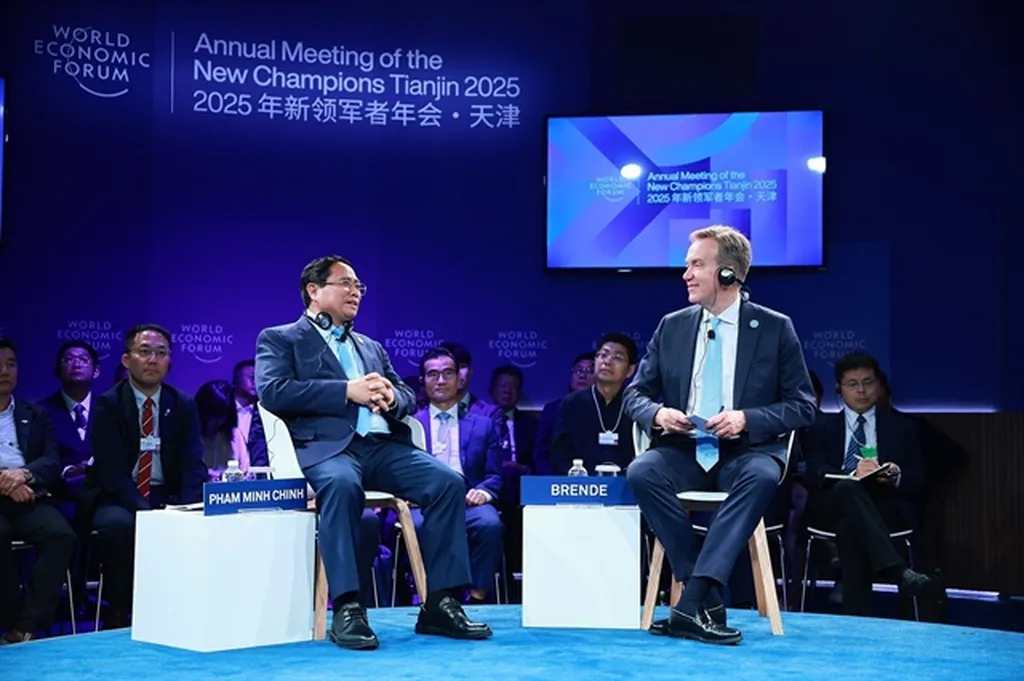Prime Minister Pham Minh Chinh’s address at the 28th ASEAN-Japan Summit in Malaysia underscores a pivotal moment for regional cooperation, with a clear call to action on economic, technological, and environmental fronts. His push for an upgraded ASEAN-Japan Free Trade Agreement isn’t just about paperwork—it’s a strategic move to future-proof trade in an era of digital disruption and climate urgency. By prioritising green economies, sustainable supply chains, and the early completion of the ASEAN-Japan Air Services Agreement, Chinh is laying the groundwork for a more resilient, interconnected ASEAN.
The emphasis on digital and green economies isn’t just a trend—it’s a necessity. With Japan as ASEAN’s fourth-largest trading partner and fifth-largest foreign investor, the region is betting big on technology transfer and human resource development. Chinh’s proposal to enhance cooperation in nuclear power and safety is particularly telling. It’s a nod to Japan’s expertise and a recognition that energy security remains a cornerstone of ASEAN’s growth strategy. But it’s not just about infrastructure; it’s about people. The focus on high-quality human resources training, digital and AI applications, and preventive healthcare highlights a broader ambition: to bridge development gaps and future-proof the workforce.
Chinh’s remarks on maritime disputes are a reminder that economic progress and regional stability go hand in hand. By affirming ASEAN’s commitment to peaceful dispute settlement under international law, he’s reinforcing the bloc’s role as a stabilising force. The mention of the 1982 UNCLOS is a subtle but firm reminder of the rules-based order that underpins maritime security. This isn’t just about Vietnam or ASEAN—it’s about setting a precedent for the Indo-Pacific.
Japan’s response, as outlined by Prime Minister Sanae Takaichi, aligns closely with ASEAN’s priorities. The commitment to aligning Japan’s strategies with the ASEAN Community Vision 2045 is a significant step. It’s not just about economic ties; it’s about shared values and long-term partnership. The focus on maritime security, cybersecurity, and AI ecosystems reflects a mutual recognition of the challenges ahead. The adoption of the Joint Statement on Further Promotion and Implementation of the ASEAN Outlook on the Indo-Pacific (AOIP) is a testament to this shared vision.
The summit’s outcomes—from the push for an upgraded AJCEP to the emphasis on digital transformation and sustainable agriculture—paint a picture of a region that’s not just reacting to global shifts but actively shaping them. The ASEAN-Japan partnership is evolving from a transactional relationship to a strategic alliance, one that’s built on mutual trust, shared goals, and a commitment to regional stability. This is more than a summit; it’s a blueprint for the future of ASEAN-Japan cooperation.

